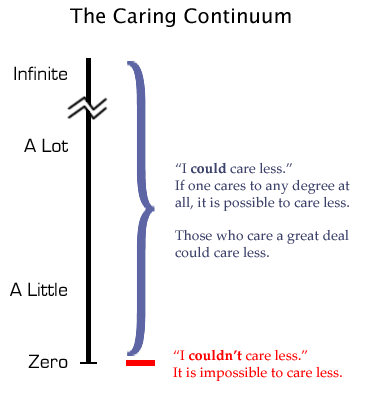

In the US, we have no national ID, and no uniform way to prove citizenship. The easiest way is with a passport, but not everyone has one. Citizens with out a passport need to produce their birth certificate (or naturalization papers) to prove it. Some states have drivers licenses that meet Federal standards for passports and can be used to prove citizenship, but they also issue licenses for non-citizens leading to multiple types of drivers licenses.
Not even the infamous SSN can be used to prove citizenship, because non-citizens with work authorization will get one for tax filing purposes.









Plot twist: this is just corporate shilling, too, trying to convince us it’s only 15%…